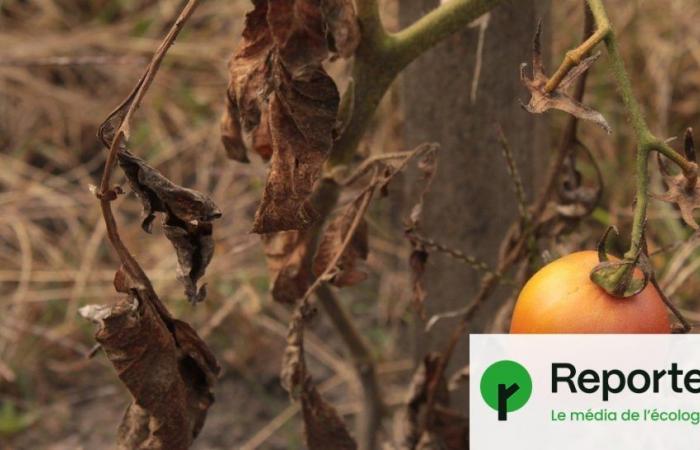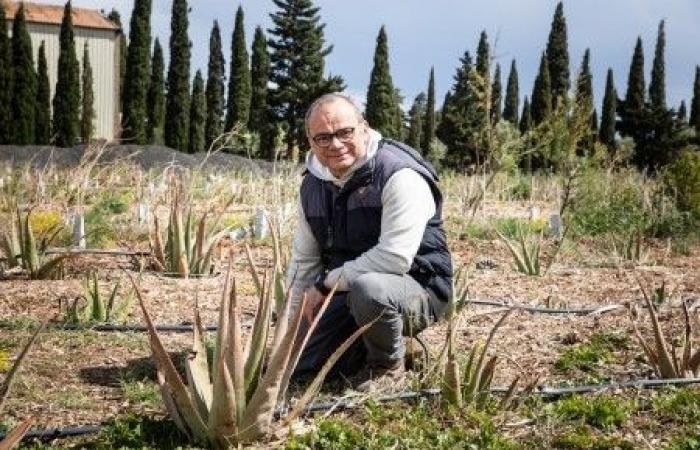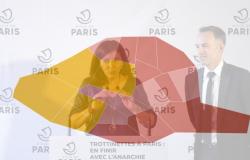We know that climate change leads to global warming. We know less about its effects on rainfall, rivers and water tables. Around forty researchers have been working on this issue for several years, as part of the Explore 2 project. Their results, covering 4,000 watersheds in metropolitan France, were revealed on June 28.
What do they say ? It will be hotter and drier in the summer and we will have more rain in the winter. A quasi-tropical climate, with a dry and a wet season, by the end of the century ? « It is not possible to say so precisely.says Éric Sauquet, research director at INRAE. What is emerging are in fact two seasons that are much more contrasting in terms of precipitation than what we have today. »
More precisely, scientists estimate an increase in rainfall of 24 % in winter in the North, and +13 % in the South, but a sharp drop in summer: -23 % on average in the country and up to -30 % in the South-West in a pessimistic scenario. Consequence: droughts will multiply, and the flow of watercourses will decrease in summer (around -30 % under high emissions scenario, around -12 % under moderate scenario).
Read also: Drought, floods, frost… Winegrowers talk about climate change
Scientists nevertheless point out major disparities between territories, but also major uncertainties, particularly regarding water table levels and floods. For example, under the most pessimistic scenario, the water tables in the Paris basin or the Hauts-de-France region would see their level rise, while those in Poitou-Charentes and Alsace would lose water.
To achieve these results, the researchers relied on the latest IPCC scenarios. [1] — based in particular on three of them, from the least emitter to the most emitter. So, « In a unique way in Europe, the Explore 2 project provides hydroclimatic projections in metropolitan France on a very fine spatial scale, across the entire XXIe century »the press release emphasizes.
« What we bringspecifies Éric Sauquet, these are estimates and projections at local scales of the consequences of climate change. » All data will be made available on the Drias-eau website. « The objective is to help water managers and stakeholders adapt their actions and policies on the ground »recalls Thierry Caquet, scientific director of the environment at INRAE.
It is now up to decision-makers to take on this valuable work, in order to prepare ourselves for climatic, but also hydrological, upheavals.







